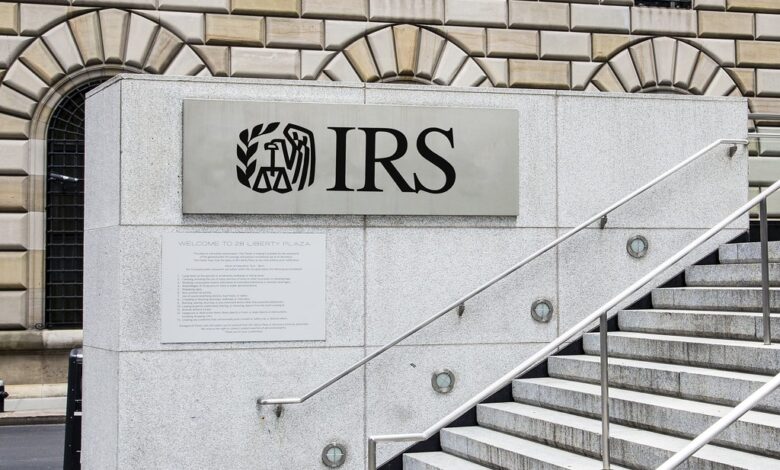U.S. Senate Votes to Repeal IRS DeFi Reporting Rule in Bipartisan Move

The U.S. Senate has voted to repeal a Biden-era regulation that would have required decentralized finance (DeFi) protocols to report to the Internal Revenue Service (IRS).
With strong backing from several Democrats, the Senate passed the resolution on March 4 by a 70-27 vote, using the Congressional Review Act to overturn the IRS’ expanded broker rule. The resolution aims to eliminate the rule entirely, preventing the agency from implementing similar policies in the future. However, the House of Representatives must still approve a matching resolution before President Donald Trump can sign it into law.
In a post on X, David Sacks confirmed that the administration supported efforts led by Texas Senator Ted Cruz and Ohio Representative Mike Carey to repeal the rule, which sought to classify software providers enabling DeFi access as brokers. According to the AI and crypto czar, senior advisers to President Trump would recommend he sign the resolution if Congress sends it to his desk.
“DeFi is a microcosm of the crypto revolution,” said Senator Cruz, who sponsored the resolution. He criticized the IRS rule as “incoherent” federal overreach, arguing that forcing software developers to report user data was unjustified since “their software never holds or controls user funds.”
The bipartisan nature of the vote echoed past legislative efforts, such as the repeal of the Securities and Exchange Commission’s crypto accounting rule. The outcome highlights growing bipartisan support for digital assets and may pave the way for further legislation on stablecoins and crypto market structure.
The DeFi Education Fund hailed the Senate’s decision as the “first of many historic milestones in the regulation of digital assets in the United States.”
Cruz also pointed out generational divides in the vote, noting that while Republicans largely supported the resolution, younger Democrats were also more likely to back it. “Let’s rescind this rule, and let’s unleash the future,” he urged.
The House Financial Services Committee has already advanced a matching resolution, and a full House vote is pending. The White House has signaled that President Trump is likely to sign it swiftly if approved.





